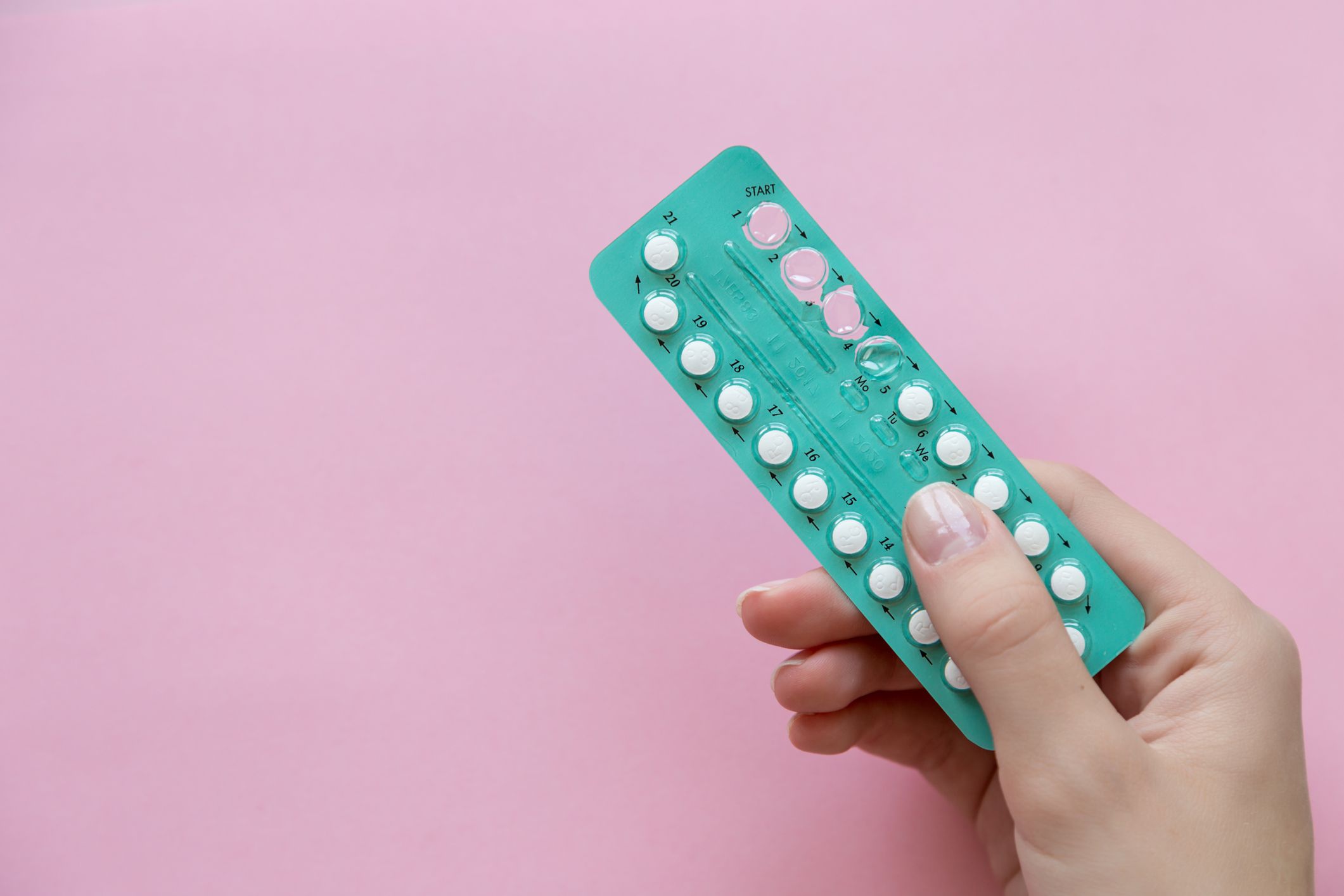Stoma surgery may alter the anatomy of the uterus. That means in some people, having an ostomy may affect the effectiveness of contraceptives, depending on your surgery and the type of stoma you have. So what options do you have?
Louise shares her experience with contraceptives and the birth control options after stoma surgery.

Louise’s experience…
Having recently needed a coil removal and a coil change I have spent a fair amount of time on the phone with family planning and talking to my GP regarding my options.
I suffer from endometriosis and due to my previous Barbie Butt surgery, my reproductive organs have shifted and changed. My cervix is now inverted and my uterus is also stuck to my anterior abdominal wall and has also tilted.
I needed to have my old copper coil replaced with the hormonal mirena coil to stop my periods and help me with the weeks worth of pain I experienced prior to my period due to the severity of my scar tissue and the passing of blood clots due to the endo.
My coil change was rather traumatic for me. Due to the inverted cervix and tilted uterus, it took nearly an hour to locate the flaming thing and try and tilt it back up so I can continue life period free and be safe and not have an unplanned pregnancy.
So to explain it in layman terms my cervix is pointing in towards my spine whereas my uterus is pointing up towards my stomach and it’s curved with a sharp upwards turn then pointing back down again.
My contraceptive experiences
Being 35 I have tried a fair few over the years, prior to my Crohn’s diagnosis, I was on the progestogen only pill, which worked really well for me for a few years. After my fistula development and diagnosis I was told I have malabsorption and was advised that I would need the depo injection, sadly for me this sent my hormones haywire, I gained 2 stone in 6 months and I needed to come off of it.
After Maisie I had the implant put in but yet again huge weight gain and mood swings and alas I needed to have it removed. Not too long after the removal I fell pregnant, but was advised that it wasn’t safe to proceed with the pregnancy and I sadly had to have a termination and I had the copper IUD placed after. This coil was in for 7 years, due to my painful periods I switched to the mirena and I am now covered until 2026.
Family planning clinic
I was as always early for my appointment and sat in the waiting room. I noticed wall to wall leaflets and fliers regarding sexual health alongside contraceptive options. My automatic response was to pick up all these leaflets so I could write this post.
Whilst looking and especially after the appointment there was the cynical side of me working out why on earth as women we have so many options, some of them traumatic yet men do not have these options, for men its condom, no condom, pray your girlfriend is on something or have a vasectomy.
For women we have so so many options, 9 semi-permanent options that aren’t severe, you then have the other two options which are sterilization or a hysterectomy, if that floats your boat.
I have always been slightly squeamish regarding the lady garden area, and thanks to the anatomy changes there are certain things I definitely can’t use.
Contraceptives after stoma surgery
For those of us who still want contraceptive options after surgery then a frank chat with your GI, surgeon and the family planning is your best for advice and your best options. For those of us with IBD then oral may not be an option, it isn’t for me but I have a very short digestive tract, for others, it may well still be an option.
I ran polls for what women use after surgery and the top two are the implant and mirena coil.
All contraceptive options are:
- Diaphragms & Caps
- The contraceptive patch – my gynaecologist said if I want to review my options later down the line then this is an option for me
- Contraceptive implant
- Contraceptive vaginal ring
- Contraceptive injections
- The IUS – Ie the Mirena
- Progestogen only pill
- The combined pill
- The IUD – Copper coil
There are many options for us, some minus hormones if you are overly sensitive, options such as the implant, injections or mirena that can stop periods.
Hoping this helps.
As always
Many thanks for reading
Louise Xx
Please note that this blog post is intended to give advice to ostomates. The information given is based on Louise’s personal experience and should not be taken as clinical advice. Please consult with your Stoma Care Nurse to discuss contraceptive options that are best for you.

Meet the blogger: Louise
Meet Louise! She’s a blogger and ambassador for Pelican and has been for the last 3 years







